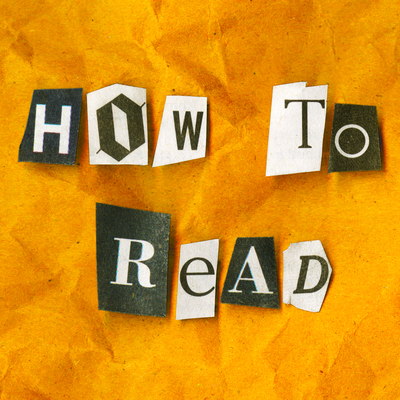Pick up a novel today, and it’s almost guaranteed to be divided up into chapters. But that hasn’t always been the case. The chapter had to be invented. English professor Nick Dames has been studying this history. In this episode, he talks with us about how the chapter first came to be — and how writers have reinvented it over the centuries.
How To Read Posts
You might not think writing style matters in philosophy. But Kwame Anthony Appiah – a professor of philosophy who’s also a literary scholar – argues that style is crucial for understanding almost all the great philosophers. He shows how a single strange sentence from the American philosopher Quine unsettles our familiar sense of the world. In contrast, French philosopher Montaigne’s humble style underpins his open-minded thinking. Anthony guides us through the rewards of reading philosophy as a kind of literature.
A utopia presents an ideal world that has overcome the problems of the present. For the original Utopia, written by Thomas More in the 16th century, one of those problems was the division of land into public and private. His solution was shared ownership of the land. But what sounded good on the page didn’t work so smoothly in practice. German professor Bethany Wiggin shows us how utopian thinking shaped the founding of Philadelphia — and how it clashed with the values of the Lenape people already living there.
What connects Langston Hughes to Hong Kong, Malcolm X to Mecca, and Syrian merchants to the 9/11 memorial? In this episode, English professor Wai Chee Dimock shows us how to read quintessentially American writers from an international perspective. From this angle, major American concerns like race and money start to look a little different.
During the Renaissance, a writer could be imprisoned just for claiming that a husband beating his wife should show mercy. It wasn’t that the authorities wanted merciless wife-beatings. The issue was that they understood criticism of a tyrannical husband as criticism of a tyrannical king. English professor Julie Crawford explains how power relations within the home have underpinned political thinking for many centuries.
Our guest Heather Love is out to convince us of the value of description — yep, plain old description. In our conversation today, she argues that description has gotten a bad reputation in literary studies. Lately, Heather has been reading sociology books from the 1950s and 60s. She thinks that their neutral, distanced descriptions have an ethical value that most literary scholars haven’t recognized.
We live in a world with a long history of atrocity — from the colonization of the Americas to the Japanese massacre at Nanking. Our guest Bruce Robbins is curious about how these past atrocities show up in novels. In our conversation today, he focuses on how the novel plays with time. By paying attention to these shifting timelines, Bruce suggests that readers can begin to imagine a more just future.
